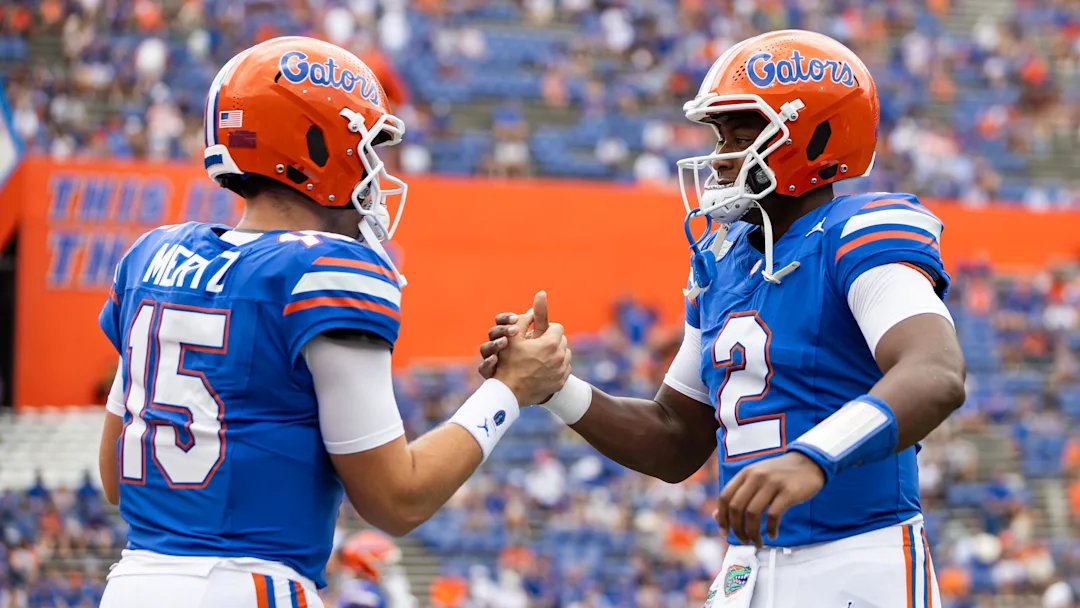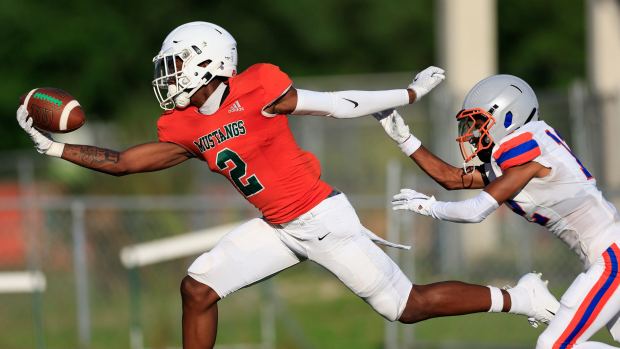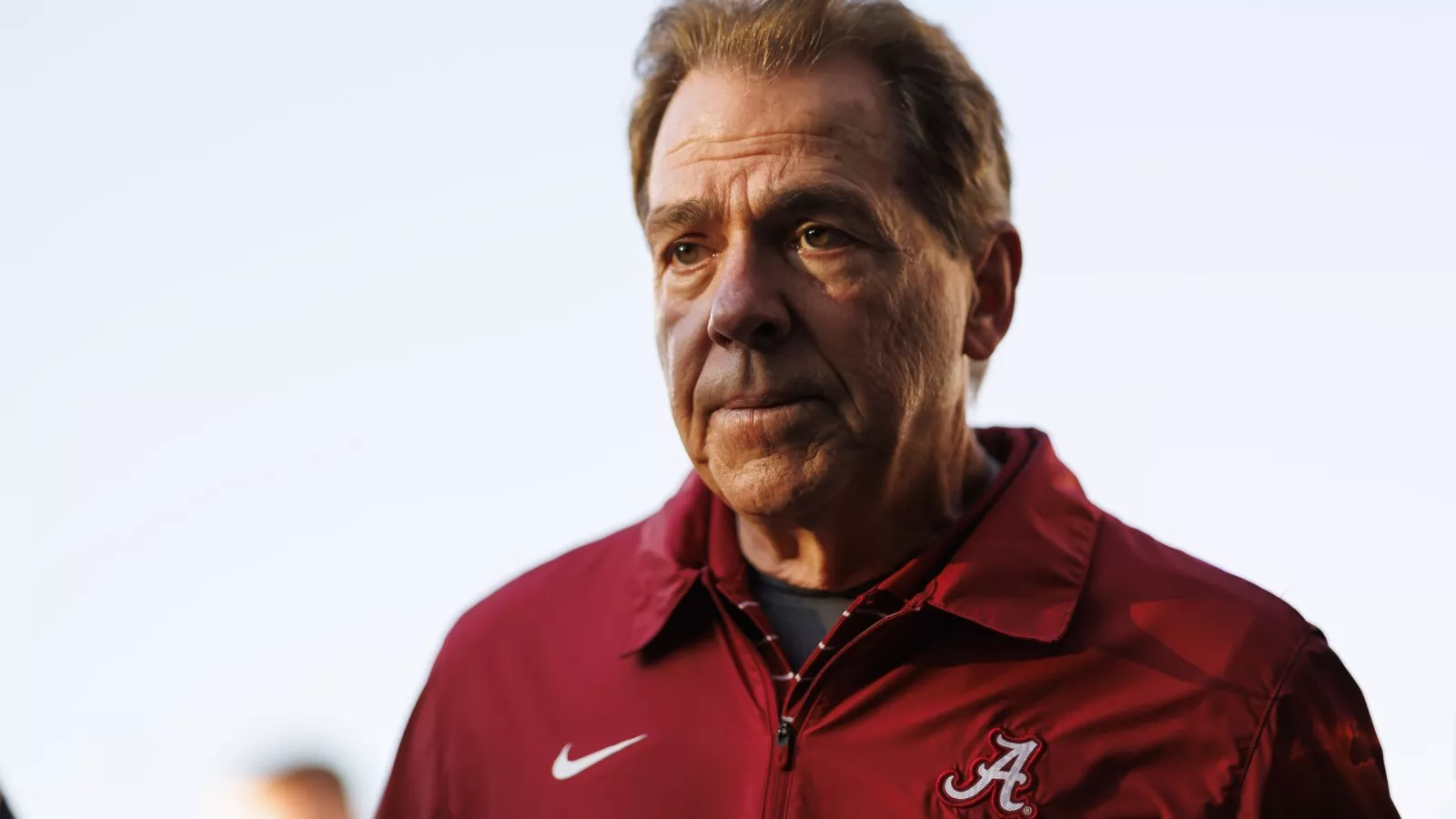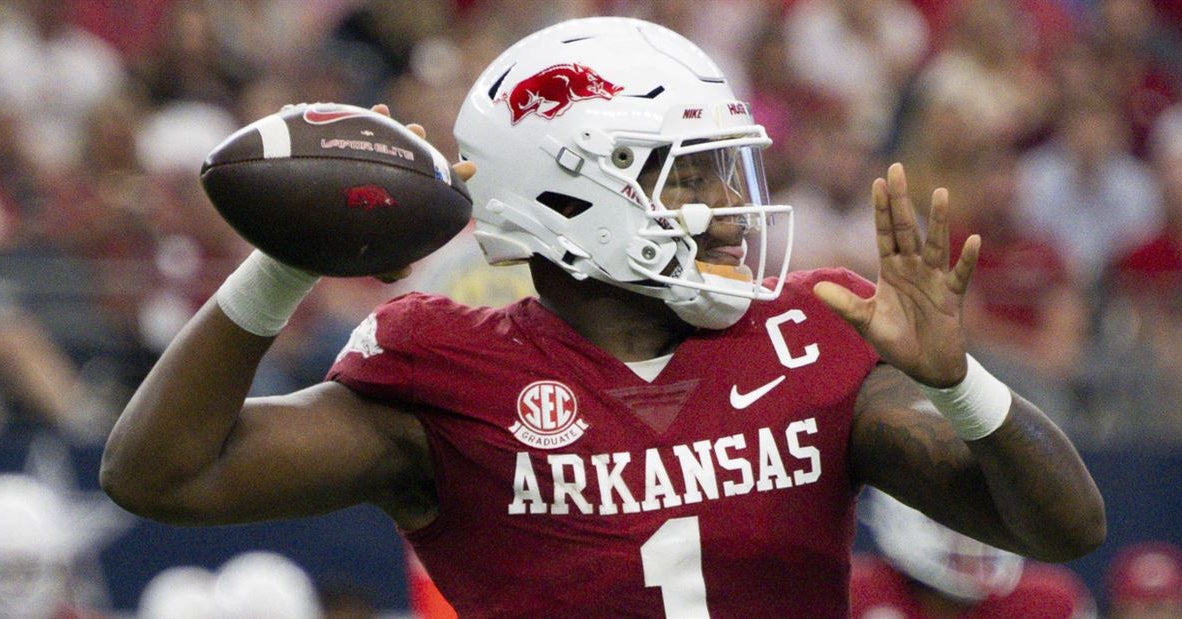For Billy Napier, the 45-28 win over Mississippi State offers a glimpse of his team’s potential while emphasizing the challenge they face in becoming true contenders in one of college football’s toughest conferences.
The Two-Quarterback System
One of the most intriguing aspects of Napier’s strategy is his use of the two-quarterback system. In the Texas A&M game, he alternated Graham Mertz and DJ Lagway every possession. However, against Mississippi State, Mertz played two possessions for every one that Lagway played. Both quarterbacks thrived, combining for a stellar performance with 26 completions out of 28 attempts for 277 yards and three touchdowns—a 92.9% completion rate.
The final bell
Presented by: @WellsFargo pic.twitter.com/VJUAl32ks7
— Florida Gators Football (@GatorsFB) September 21, 2024
Mertz displayed great accuracy and composure, going 19-for-21 with 201 yards and three touchdowns, while Lagway, seen as the future of Florida football, completed all seven of his passes for 76 yards. This rotation keeps defenses off balance and gives Lagway valuable experience without disrupting the consistency Mertz brings to the offense.
The key question remains: Can this unconventional approach hold up against tougher competition in the SEC? Its success will hinge on whether the Gators can sustain their efficiency when facing stronger, more aggressive defenses.
Offensive Depth and Versatility
Florida’s offensive performance wasn’t just about quarterback success. The victory also highlighted a more balanced and versatile attack, showing potential for growth. Tight ends Arlis Boardingham and Hayden Hansen each caught touchdown passes, and wide receiver Marcus Burke secured his first career touchdown reception. On the ground, four different running backs contributed significantly, including standout performances from Treyaun Webb and Jadan Baugh.
For a team that has struggled offensively in earlier games, this newfound variety in playmakers suggests Florida may be turning a corner.
Defensive Concerns
While the offense impressed, the defense remains an area of concern. Despite the win, Florida allowed Mississippi State to gain 480 yards and 31 first downs. The “bend-don’t-break” defensive strategy might work against lesser teams but could prove costly against the elite squads in the SEC.
Napier’s move to position co-defensive coordinator Ron Roberts in the press box for play-calling adjustments shows the coaching staff’s willingness to adapt. However, whether this results in more consistent defensive performances, particularly against high-powered offenses, remains to be seen.
Napier’s Honest Assessment
Napier’s transparency after the Mississippi State game was notable. He acknowledged the team’s progress but also recognized the challenges ahead. “We won today, but we are very much a work in progress,” he said.
Looking Ahead
Florida has a bye week to fine-tune its strategies before facing UCF, known for its strong rushing game. This will be a key test for the Gators’ defense and a measure of how much they’ve improved.
After UCF, the schedule only becomes more difficult. For Florida to remain competitive, they’ll need to sustain their offensive efficiency while addressing their defensive weaknesses. Napier’s innovative approach shows promise, but the real challenge lies in how it holds up against the conference’s top teams.





